How To Increase Fertility After 35? Things You Should Know!
Besides the reduced chances of conception upon aging, the complications involved are equally higher. At the same time, the success stories never end so you don’t have to lose hope. But it’s important to be well-aware of the entirety of fertility after 35.
On Jan 27, 2023 – 9 minutes read

Did you know that approximately 10% – 15% of couples are affected by fertility issues? No, you are not alone. It is a major concern for thousands and thousands of women around the world. The road to motherhood is a huge challenge. Particularly those after 35 years old, wondering about their advanced maternal age [medical term for pregnant women at 35 or above] and like many of these women, you may be finding out that fertility after 35 can be challenging. If you are trying to conceive later or even thinking about family planning, here are a few things you need to keep in mind on how to increase fertility after 35.
How To Increase Fertility After 35?
Decreasing the number of people with infertility has been a top priority for various health organizations. And despite the several challenges we hear of, many women after their thirties and forties have been successfully conceived!
Now, you can breathe a sigh of relief. Because it’s never too late.
Reasons For Fertility Drop
Reproductive age is a major factor that can predict your ability to conceive as your fertility starts to decline after 30. Fertility peaks, and then decreases. So, age does matter. Besides as you age, so do your eggs. And then you will have fewer of them. When you are born, you have about 1 million eggs and only 400-500 will be ovulated. But you will have only 300,000 left by the time you hit puberty. Then at 37 or over, you will be down to just 25,000. That actually counts because the fewer eggs you have in your ovaries, the lower your odds are for conception.
The quality of your eggs is another factor. Your older eggs have high chances of having abnormal chromosomes, which raises the chances of miscarriage. But there are ways you can strengthen the quality of your eggs, if not for the quantity.
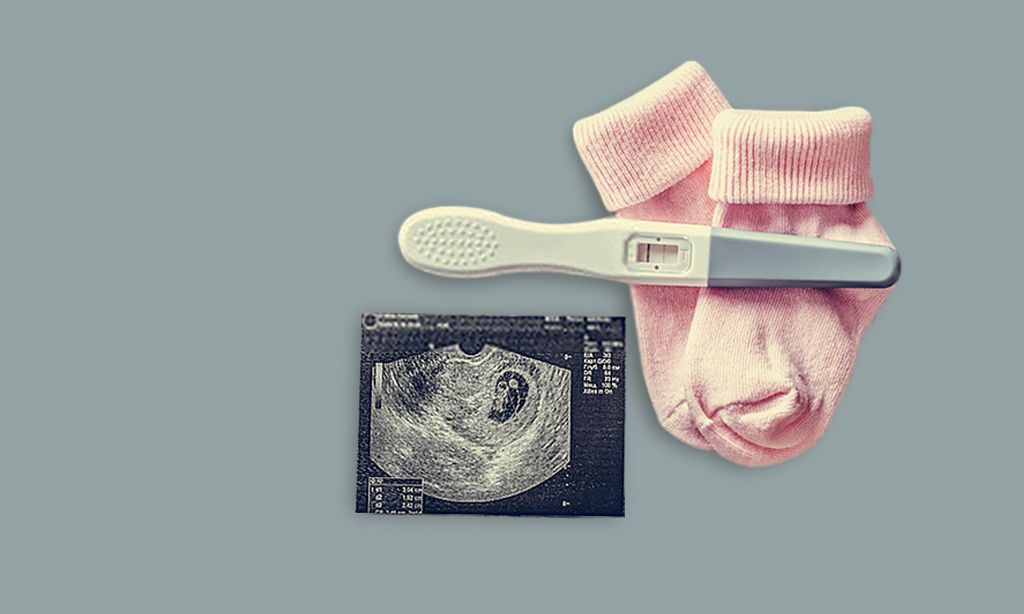
Other Reasons That Might Cause Difficulty To Conceive after 35 include
- Endometriosis
- Uterine disorders(1)
- Chronic health problems like diabetes or high blood pressure.
- A decrease in cervical fluid.
- Surgery caused scar tissue around the fallopian tubes.
You should be familiar with these reasons if you are above 35. Especially the reproductive timeline which could be your source of frustration. But thanks to substantial advances in reproductive technologies and research for establishing effective ways for women to conceive naturally brought a whole load of relief for many.
The most difficult part of trying to conceive “later” is the sense of urgency. Whether it’s pressure from hopeful grandparents, or that all of your friends are having babies and you don’t. Women over 35 usually feel like time is running out for them. Well, it’s time for you to stop feeling like you are being chased by time.
The reality is, it is going to take some time. The average time period for a woman over 35 to get pregnant is 1-2 years. So, you are probably going to see a few negative pregnancy tests before you see a positive one. But you will see a positive one if you are patient enough. Be prepared and try to stay positive.
Have you heard of all those anecdotal stories about women who tried to get pregnant for years, but were only successful after they gave up and stopped trying? Or about couples who decided to adopt, and miraculously got pregnant later? It might be true to an extent. I mean, they gave up the thought and were stress-free. They were not always worried, constantly thinking about it.
The bottom line, being stress-free and staying positive has its perks.
Ways To Increase Fertility After 35 Years Old
There are many ways to increase fertility after 35. This article will help you get to know more about how to increase fertility after 35(2). Buckle up, ladies. Time for some good news.
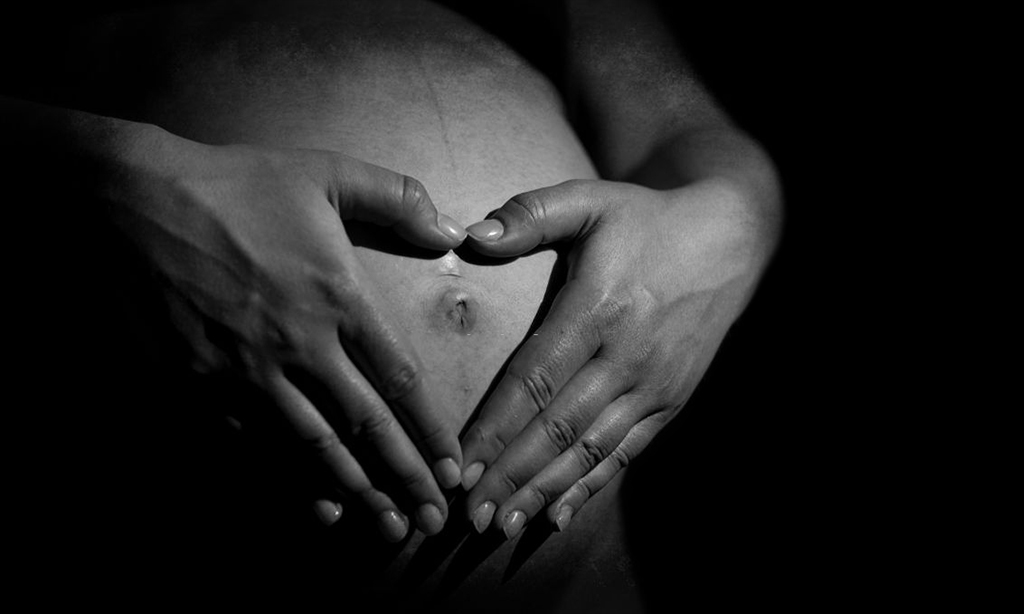
Get to know your body! What else could increase fertility after 35? Try to get to know your body and how it works. Specifically, your menstrual cycle. Dr. Mary Ellen Pavone, a reproductive endocrinologist and an infertility specialist said, “It’s important to know how far apart your cycles are to make your time of intercourse more accurate.”
Know Your Ovulatory Cycle And Fertile Window
The ovulation period is the time when your ovary releases eggs. Your eggs can live up to 12-24 hours in your body. The fertile window is the five days preceding ovulation plus ovulation day. This 6-day interval is your best time for intercourse, your best chance at getting pregnant when you are most fertile. That is right after ovulation.
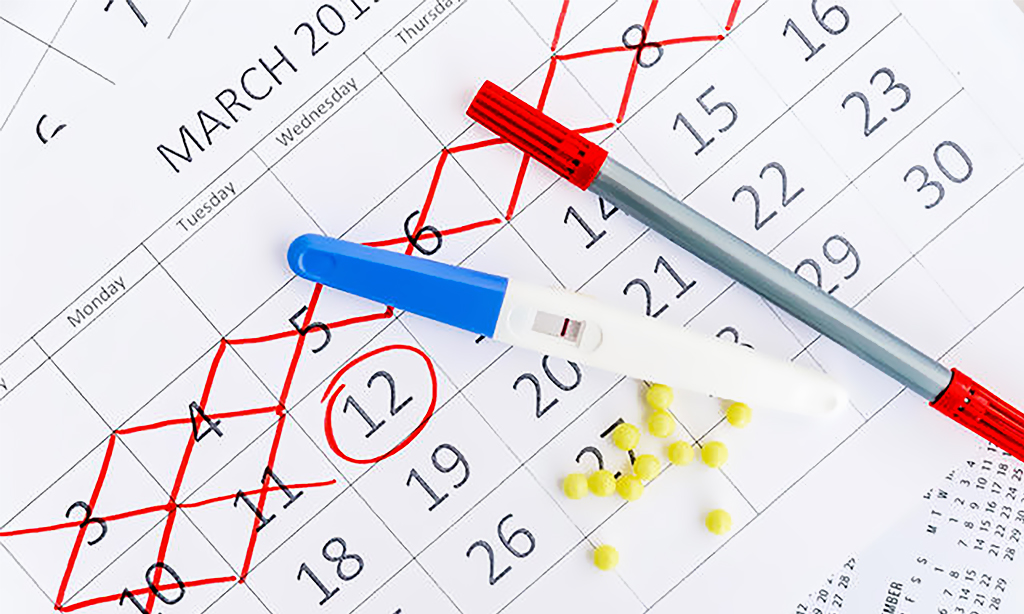
So, it is kind of important to know your fertile window and keep a track of your menstrual and ovulatory cycle which will help you know if you are ovulating regularly, the status of your reproductive hormones, and the duration of your luteal phase (the period between ovulation and the first day of your menses).
It will be better to talk to your doctor if have a reason to believe that you are not ovulating regularly. Occasionally, a woman may have a cycle where an egg is never released and this happens more frequently as women get older. Charting your ovulatory cycle(3) will maximize your chance of getting pregnant and reveal abnormalities in ovulation. Tracking it will make it so much easier for you to know when is the right time to have intercourse.
How Can You Chart Your Ovulatory Cycle [Fertility Charting]?
- Recording your Basal Body Temperature [BBT]
- Track cervical fluid
- Home Ovulation Prediction Kits [OPK] available in stores
Well-rounded Diet; What You Eat Matters
While you cannot change certain aspects of your life, modifiable lifestyle factors and habits can greatly influence your overall health and well-being, including fertility. A small change in your lifestyle can bring a huge change from within.
Taking the good and better care of your body is the first step in boosting fertility after 35. Eating healthy food will help you stay healthy. Staying healthy and improving reproductive health is something you should focus more on. Besides, the following can help you strengthen the quality of your eggs.
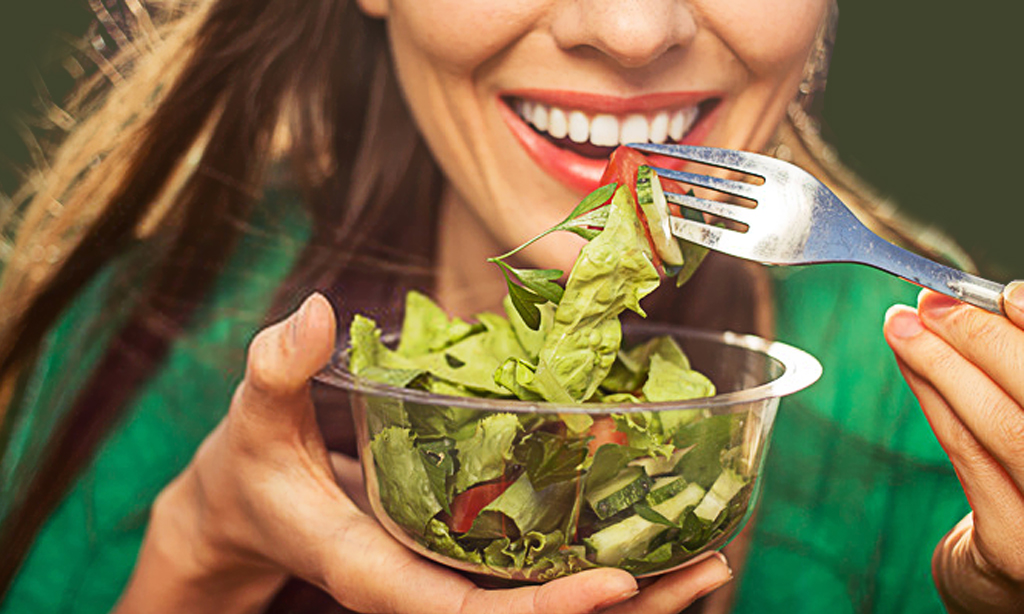
Big Substantial Breakfast
Studies have shown that eating more calories at breakfast and less at your evening meal can improve fertility. A good quantity of healthy breakfast can help women reduce the hormonal effects of PCOS.
Antioxidants
As you are very well aware, eating healthy does its magic. All the time. One of the most important factors on how to increase fertility after 35 is having fertility food that is rich in antioxidants. Fertility for men and women may increase by having foods rich in antioxidants like folate and zinc.
It will improve fertility rates and deactivate free radicals in your body that will destroy your egg cells. Fruits, vegetables, nuts, and grains are rich in antioxidants. Eat them all, and grab your chances of increasing fertility. Quite a catch, right?
Avoid Trans-fats
Eating healthy fat is important for boosting fertility after 35. But avoiding trans-fats is essential too. Unsaturated fat has an increased risk of ovulatory infertility.
Natural trans fats from meat and dairy are harmless whereas artificial trans fats in hydrogenated vegetable oils, fried food, and baked goods can harm you in many ways. So, stay clear of it.
Critical Nutrients Such As Iron, Calcium, Protein, And Fiber
Give your body adequate stores of nutrients that will help prepare your body for pregnancy. Fiber will help your body to get rid of excess hormones and keeps blood sugar balanced.
Eat a variety of fruits and vegetables, lean protein, whole grains, beans, dairy and healthy sources of fat. Create your own fertility-boosting diet!
Cut Down Carbs
Following a lower-carb diet, will improve hormone levels related to fertility. Especially women with PCOS.
It will help you maintain a healthy weight, reduce insulin level, and menstrual regularity & encourage fat loss. In a study, women who ate more carbs had a 78% greater risk of ovulatory infertility.
Swap Your Protein Sources
Make a change from animal protein to vegetable protein [meat, fish & eggs to beans, nuts & seeds]. Eat lower amounts of high-mercury fish. Most importantly get sufficient vitamins for your body.
Bodyweight Management
Being overweight or underweight can affect you in many ways. Neither can help you in answering how to increase fertility after 35. Too heavy can reduce your odds of conception, but too thin can make it even harder to have a baby.
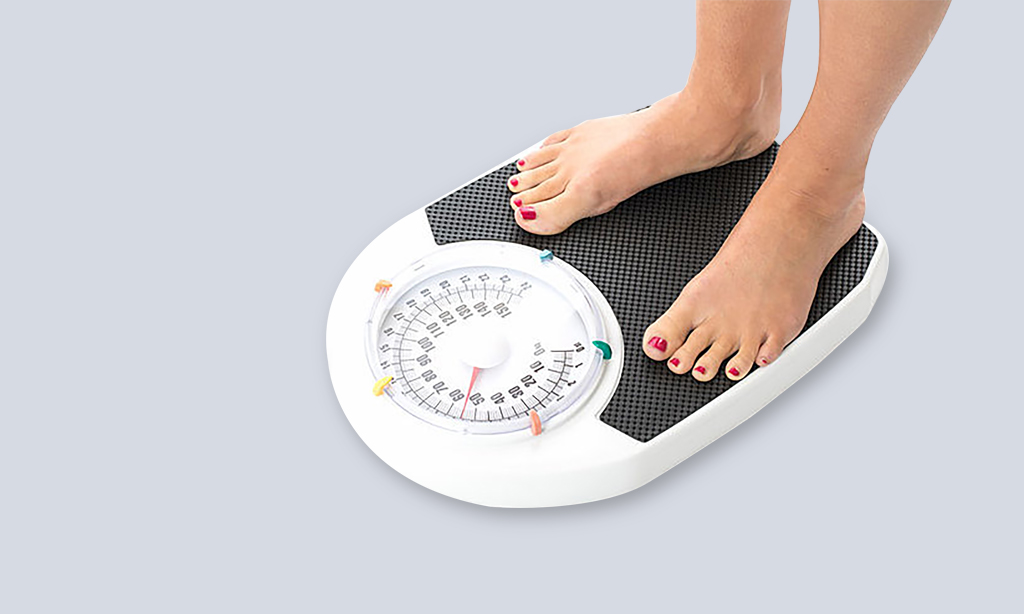
Too much body fat can produce excess estrogen which can interfere with ovulation. Women who are too thin might not have regular periods or stop ovulating. So, it’s important to manage your weight while having a healthy body to boost fertility.
Regular Exercise
Get active, and do your exercise regularly. At least, 30 minutes a day can save you.

Exercise is as crucial as food to increase fertility. Physical activities have a protective effect on fertility. However, excessive exercise can negatively impact you. Be moderate, not vigorous. And stay in shape.
Quit Drinking Alcohol And Smoking
Try to say no to alcohol and smoking. One outcome of drinking is a hangover. Women who experienced hangover has less chance of pregnancy.

The amount of alcohol you consume does matter. Chemicals found in cigarettes have a link to infertility and ovarian function. It can speed up the loss rate of a woman’s egg. For example, a woman who smokes has eggs that age faster. Now you don’t want that to come on way, right?
Go Easy On The Caffeine
Caffeine has become an integral part of our everyday life. But consuming more than 500 milligrams of caffeine has brought down the fertility level in women. It will be better if you take a step to take care of that.

There are so many non-coffee alternatives that you can try if you are a coffee addict. Matcha tea or Chicory coffee are some must-try non-caffeine beverages.
Try To Relax To Shoo Your Stress
A woman who is mentally and emotionally healthy and relaxed has more chance of getting conceived. Get involved in mind-body therapies and many other relaxation-inducing activities that can relieve stress and possibly help you boost fertility.

After everything you have done, the least you can do now is try to relax while waiting for that second pink line to appear. It’s definitely coming!
Get Your Sufficient Beauty Sleep
Sleeping late or lack of sleep can affect you in ways you cannot imagine. Many studies have shown that poor sleeping habits can be a symptom of infertility. It can also lead to weight problems. Create an early bedtime routine and your body will thank you.

Preventive Care May Be Beneficial
Discuss and review your reproductive goals, medical history, physical activity, current medications, overall lifestyle, and habits with your healthcare provider.
Do not hesitate to go see your doctor if you have not conceived after 6 months of purposeful intercourse. You may decide to consult a fertility specialist at this time.

I hope this article has helped you in your quest – how to increase fertility after 35 years old. Getting pregnant after 35 is not impossible, it’s doable. “Waiting too long” is never your answer. Your age is not the only factor keeping you from getting conceived.
There are factors you can control for a better chance. Get rid of all those bad habits, focus on ways to improve your reproductive health, and live a healthy life. Relax, your time will come.

Subscribe to Newsletter
Elevate your routine, stay on trend, and embrace a personalized beauty journey with our curated insights.

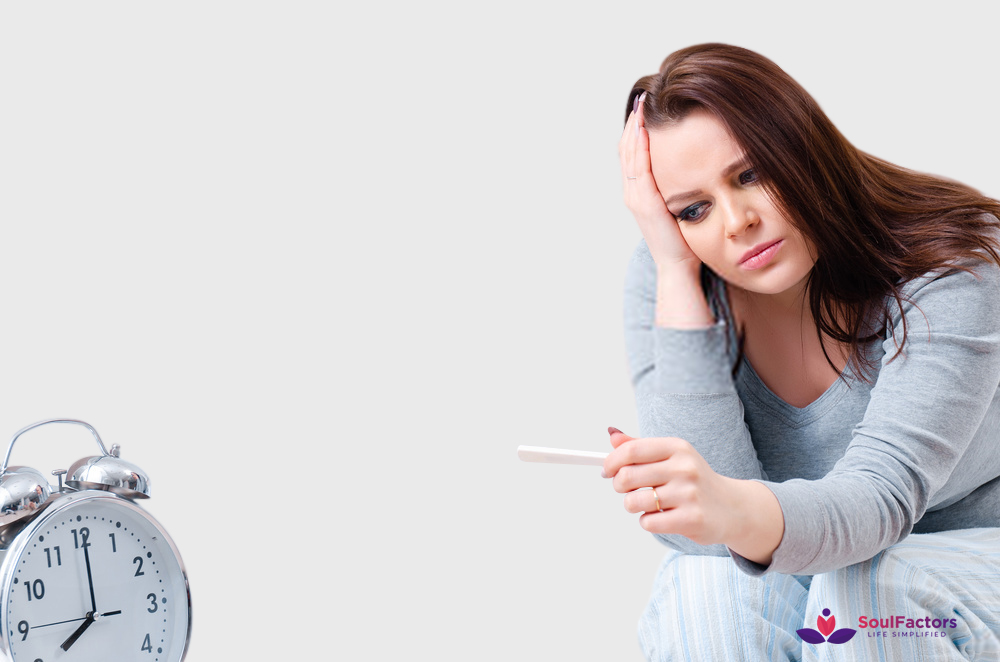




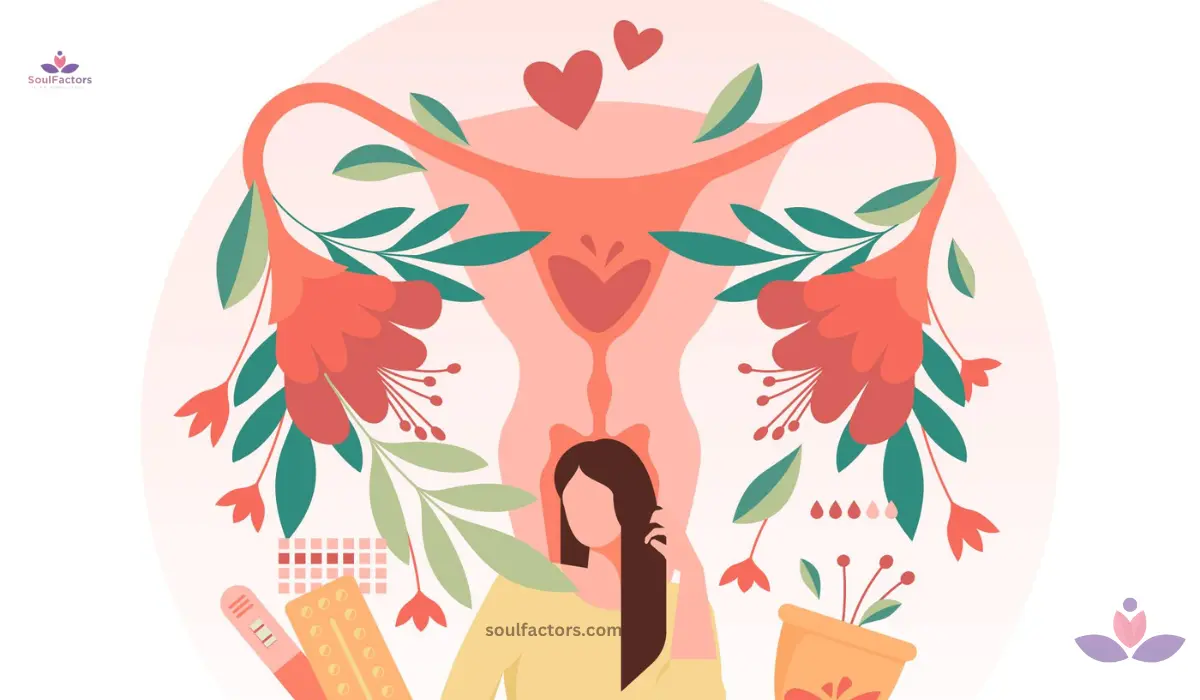

Write a Comment